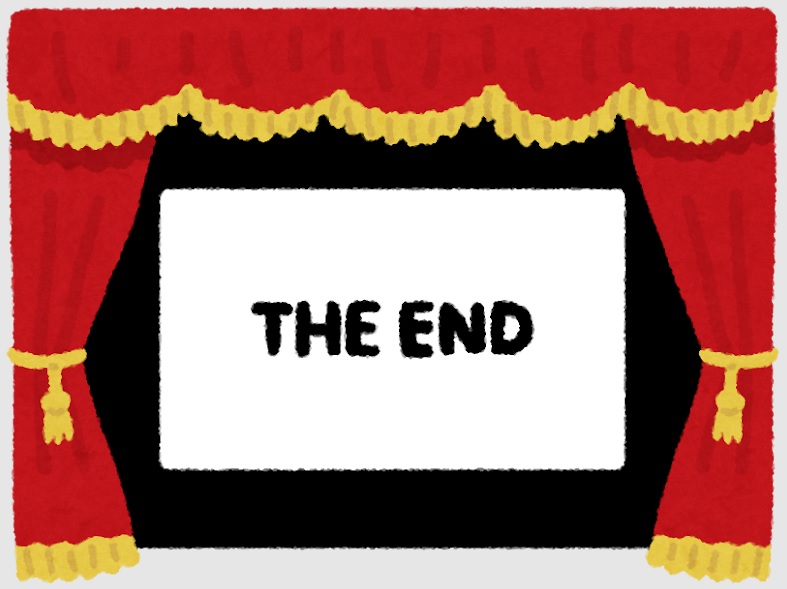管理人オススメコンテンツはこちら
「もったいない|確率無視の無意味な議論に終止符を」
〜前回のつづき〜
● 『幅』と『確率』を無視した議論は意味が無い
「国が崩壊したらどうするんですか?
可能性は有りますよね?」
「そりゃ可能性は有るけど」
ってそれを言い出したら
「明日死ぬ可能性も有りますよね?」
とか
そんな話になってきちゃうんですよ。
あと
「家をもし貸してくれなくなったらどうするんですか?」
みたいな。
貸してくれる事もあるかもしれないけど
貸してくれない事も確かに有るかもしれない。
でも貸してくれる事も有るかもしれない。
あと
「今後インフレが進んだら持ち家じゃないと損ですよね?」
とか
「私の投資は利回り20%で運用出来てますよー。
インデックス投資なんてせいぜい6〜7%ですよね?
私の投資はこういうふうにやったら
利回り20%で運用出来てますよー。」
みたいな。
それは『確率』を無視してますよね?
なので『幅』か『確率』か
どっちか無視してるような話は
いくら議論したって意味が無いんですよ。
●コストパフォーマンスの悪い対策はもったいない
「国が崩壊したら・・・」
と言っても
コストパフォーマンスのいい対策が無いんですよ。
国が崩壊するという事の
コストパフォーマンスのいい対策が無い。
もちろん海外に移住出来るように何かしておくとか
色々有るんでしょうけど
現実的に難しいですよね?
無駄な保険というのも
・がん保険
・学資保険
・養老保険
・外貨建て保険
・個人年金保険・・・
いっぱい無駄な保険が有りますけど
これも結局コストパフォーマンスが悪いんですよ。
対策として
色んな事に備える
がんに対して備えるとか
外貨建ての投資をするとか
貯金を貯めるにしても対策として
コストパフォーマンスが悪いんですよ。
持ち家にしても
持ち家=ダメというのではなくて
将来貸してくれないかもしれないから
という事だけを理由に家を買うと
だいぶコストパフォーマンスが
悪いのではないでしょうか。
携帯電話とか格安SIMでもそうですね。
大手だと何かあった時安心だから
変えないという人とかも
確かに大手とそれ以外の
格安SIMの会社だったら
どちらが盤石かと言えば
大手の方が財務状況なんかは盤石ですけど
でもだからと言って何かが有るか
その確率はどうかという事ですよね?
伝えたい事としては
コストパフォーマンスの悪い対策も
もったいないという事です。
〜〜〜つづく〜〜〜
Special Thanks college president Ryo.
●おまけ
≪≪Chat-GPTくんによる要約≫≫
要約:
幅や確率を無視した議論は無意味です。例えば、国が崩壊する可能性や家を貸してくれない場合など、可能性があるだけでは議論になりません。同様に、投資の利回りを比較する際も確率を考慮すべきです。
また、コストパフォーマンスの悪い対策は無駄です。国の崩壊に備えるための対策や、多くの保険商品(がん保険、学資保険など)は、現実的でなくコストパフォーマンスが悪いです。持ち家を買うことや、格安SIMを使わないことも、コストパフォーマンスを考慮すべきです。結論として、対策を講じる際にはコストパフォーマンスを重視することが重要です。
≪≪Chat-GPTくんによる英訳≫≫
Continuation from the last discussion:
● Discussions Ignoring ‘Range’ and ‘Probability’ Are Meaningless
“What if the country collapses? There’s a possibility, right?”
“Sure, there’s a possibility, but…”
If we start saying that, it leads to discussions like:
“There’s also a possibility that you might die tomorrow, right?”
Or similar arguments.
Also,
“What if they stop renting houses to you?”
They might rent to you, but they might not.
But they might.
Also,
“If inflation progresses in the future, isn’t it a loss if you don’t own a house?”
Or,
“My investments yield a 20% return. Index investments only yield 6-7%, right?
If I invest this way, I can get a 20% return.”
This ignores ‘probability’, doesn’t it?
So, discussions that ignore either ‘range’ or ‘probability’ are meaningless.
● Inefficient Measures Are Wasteful
“What if the country collapses…”
Even if we say that, there are no cost-effective measures.
There are no cost-effective measures for the collapse of a country.
Of course, there are things like preparing to migrate abroad, but these are realistically difficult, right?
There are many unnecessary insurances:
- Cancer insurance
- Education insurance
- Endowment insurance
- Foreign currency insurance
- Private pension insurance…
There are many unnecessary insurances, but these are also cost-inefficient.
As measures,
preparing for various things like cancer or foreign currency investments,
even saving money as a measure is cost-inefficient.
For owning a house, it’s not that owning a house is bad, but if the sole reason for buying a house is the fear that you might not be able to rent in the future, the cost-performance might be quite poor.
This also applies to mobile phones and low-cost SIMs.
Some people stick with major providers for peace of mind in case something happens.
Sure, if you compare major providers to low-cost SIM companies, major providers have more solid financial conditions.
But, then again, what are the odds of something happening?
The point I want to convey is that inefficient measures are wasteful.
Special Thanks OpenAI.


